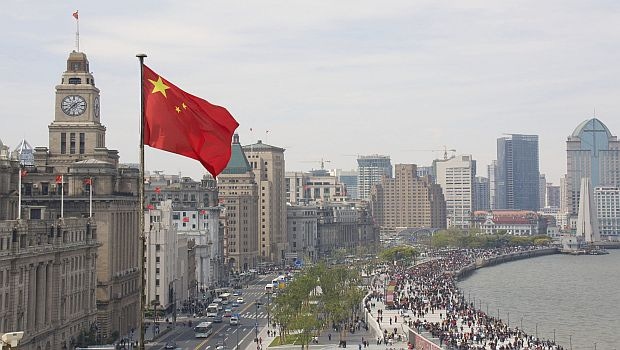USANA Initiates Voluntary Probe of China Operations
USANA has advised the U.S. Justice Department and Securities and Exchange Commission (SEC) that the internal probe is underway, and it plans to provide additional information to both agencies as the investigation progresses, the company said.

USANA Health Sciences Inc., a multi-level marketer (MLM) of nutritional supplements and personal care products, disclosed Tuesday it had initiated a voluntary probe of its operations in China that focuses, in part, on compliance with the Foreign Corruption Practices Act (FCPA).
Salt Lake City, Utah-based USANA has advised the U.S. Justice Department and Securities and Exchange Commission (SEC) that the internal probe is underway, and it plans to provide additional information to both agencies as the investigation progresses, the company said.
The FCPA was enacted with the objective of making it unlawful for certain individuals and entities to make payments to foreign government officials to assist in acquiring or retaining business, according to the Justice Department. Since 1977, the law’s anti-bribery provisions have applied to all U.S. persons and certain foreign issuers of securities, the agency explained in an overview of the FCPA.
USANA’s disclosure was made in a news release reporting its financial results for the fourth quarter and year that ended Dec. 31, 2016. The company also referenced the internal investigation in an SEC filing.
A spokesman for the company, Dan Macuga, did not immediately respond to an email, which requested confirmation that the disclosure of the internal review was first made Tuesday.
The probe, which is in its early stages, focuses on compliance with the FCPA and certain conduct and policies at BabyCare, its China operations, including expense reimbursement policies, according to the news release.
“The audit committee of the Board of Directors has assumed direct responsibility for reviewing these matters and has hired experienced counsel to conduct the investigation," USANA said in the news release. “While the company does not believe that the subject amounts are quantitatively material or will materially affect its financial statements, it cannot currently predict the outcome of the investigation on its business, results of operations or financial condition."
In May, USANA announced that its subsidiary BabyCare Ltd. had received approval from the Ministry of Commerce People’s Republic of China to expand direct selling activities in eight additional provinces/municipalities within the country. The subsidiary already held licenses in the municipalities/provinces of Beijing, Jiangsu, Shanxi and Tianjin.
In the fourth quarter, USANA’s net sales in the Asia Pacific region rose 12.4 percent to US$193.4 million. Sales increased 11.8 percent in Greater China, which USANA attributed predominantly to 20.1 percent “Associate" growth in mainland China.
Associates are independent distributors of the company’s products.
China has been a bastion of growth for U.S.-based direct selling companies marketing supplements and beauty products. Some of these companies have been the subject of regulatory probes tied to their operations in China.
In January, Herbalife Ltd. disclosed the SEC has requested from the company documents and other information related to its anti-corruption compliance in China. Herbalife said it has conducted its own review and discussed the issues with the Justice Department.
In 2014, the Chinese government investigated the business practices of Nu Skin Enterprises Inc. The Provo, Utah-based company later revealed receiving government fines for selling products that were not registered for the direct-selling channel and making product claims that purportedly didn’t have adequate documentary support.
China banned direct sales for several years beginning in 1998 after consumers reported getting ripped off through pyramid schemes. In 2005, new regulations were issued authorizing certain direct sales. But the traditional MLM model that is authorized in the United States and other countries is prohibited in China.
In a 2014 article, an Amway executive told Natural Products INSIDER that Amway was one of the first companies to receive a license in 2006 to operate under China's new regulations. Betsy DeVos, who was confirmed Tuesday by the U.S. Senate as education secretary, is the daughter-in-law of Amway co-founder Richard DeVos. Forbes estimated Richard DeVos has a net worth of $5.3 billion.
About the Author(s)
You May Also Like






.png?width=800&auto=webp&quality=80&disable=upscale)